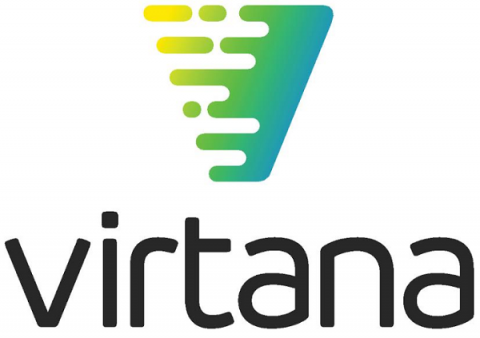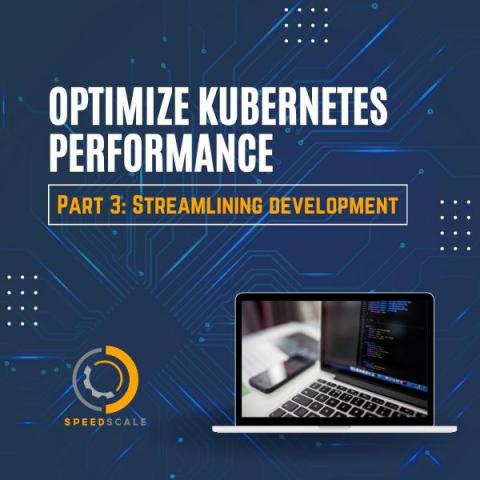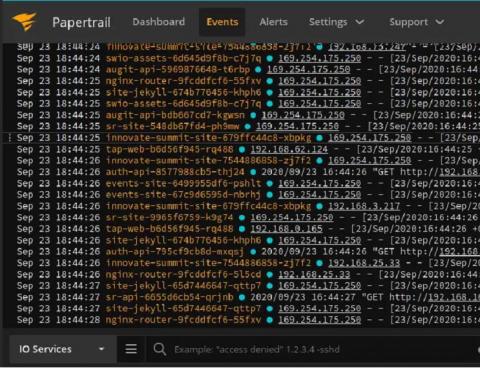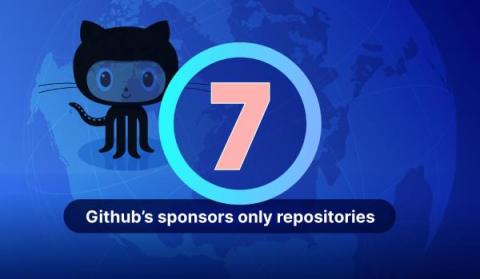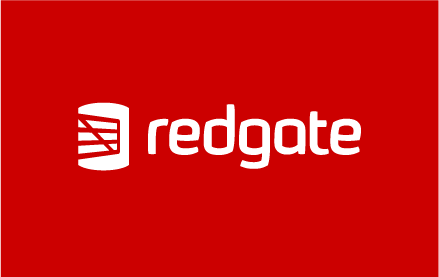Operations | Monitoring | ITSM | DevOps | Cloud
Latest News
The Storage Supply Chain and Its Effect on Infrastructure Teams
For the past couple of years, no one has been able to escape the effects of supply chain problems throughout their personal and professional lives. According to our recent State of Hybrid Cloud Storage survey, storage and the IT equipment that supports storage systems were no exception, and disruptions created extra work and headaches for those teams.
Optimize Kubernetes Performance Part 3: Streamlining Development
How to "Live Tail" Kubernetes Logs
Drinking Our Own Champagne: IT Automation Meets Marketing Automation
Operations management—whether IT, business, sales, marketing, etc.—has four essential main objectives: And in any industry, those objectives are driven by the most important goal, which is to generate revenue for the organization. While every single task or implementation may not directly impact revenue, the outcome of small improvements over time can be substantial. After a Google search for motivational quotes, I stumbled on James Clear’s “power of tiny gains” concept.
The hidden costs of poor incident management
We’re all looking to maximize every dollar spent, every hire made, every hour logged. But there’s one cost center you might not be thinking about — incident management. This post explores the explicit and implicit costs associated with incidents.
Internet in Numbers 2022
“The Internet (or Internet) is the global system of interconnected computer networks that uses the Internet protocol suite (TCP/IP) to communicate between networks and devices. It is a network of networks that consists of private, public, academic, business, and government networks of local to global scope, linked by a broad array of electronic, wireless, and optical networking technologies.
Real-time Ubuntu is now generally available
Real-time Ubuntu brings end-to-end security and reliability to the time-bound workloads of modern enterprises. With support for real-time compute, Canonical furthers its commitment to providing a best-in-class experience for open-source software consumption.
7 Things You Need to Know About Github's Sponsors-Only Repositories
Open-source software is driving some of the most exciting innovations today. According to The Linux Foundation, open-source constitutes about 70 to 90% of all modern software solutions. But it isn’t all fun and games: open-source software is free, which brings about operational inefficiencies due to a lack of financial support for their developers. Platforms like Switch and SubStack started incentivizing paid subscription models to solve this problem.



